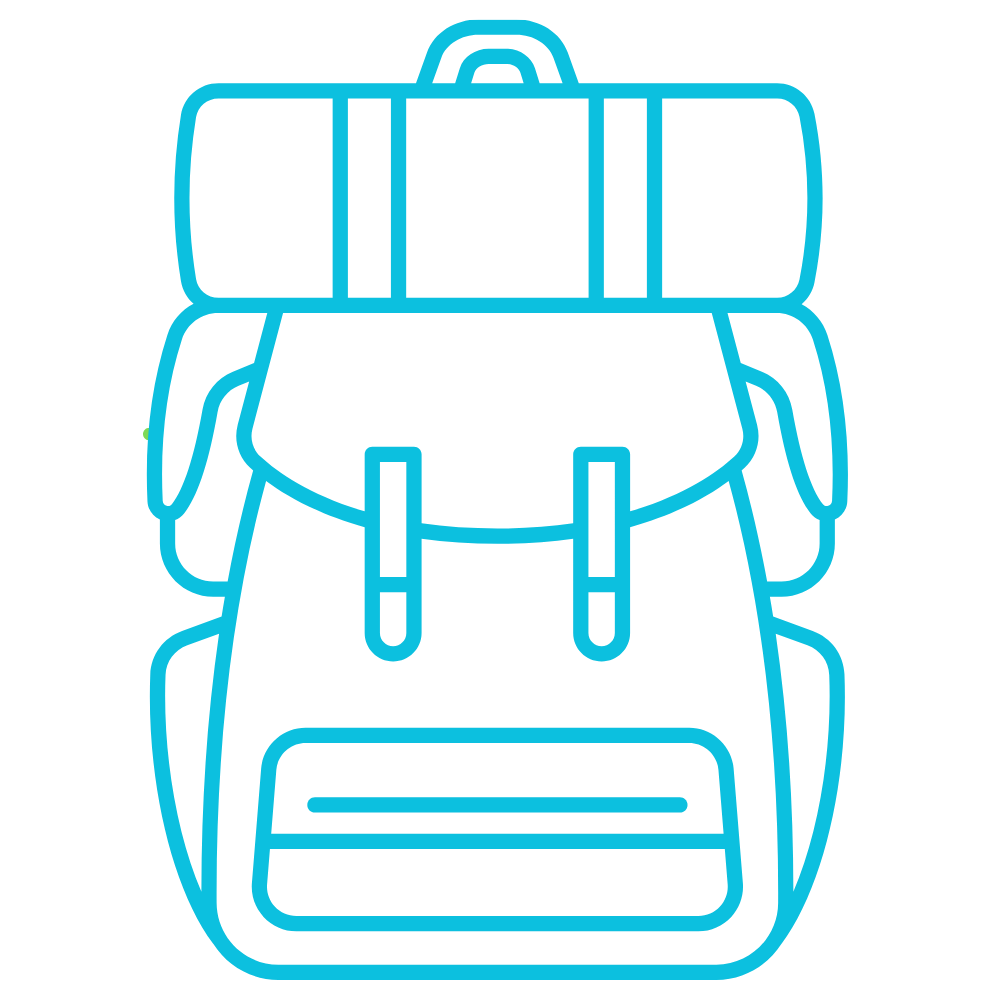Smart Tips for Big Adventures Without a Big Budget
Traveling is one of life’s greatest pleasures. Exploring new places, tasting new food, meeting new people—it’s exciting, refreshing, and eye-opening. But let’s be honest: it can also be expensive. Between flights, hotels, meals, and activities, your dream trip can quickly turn into a budget nightmare.
The good news? You don’t need to be rich to travel well. In fact, some of the most memorable travel experiences come from being resourceful and smart with your money. With a little planning and a few clever tricks, you can see the world without draining your bank account.
Let’s dive into some easy and effective ways to save money while traveling, so you can focus more on the adventure—and less on your wallet.
Travel During Off-Peak Seasons
Timing is everything in travel. If you plan your trip during the off-season or shoulder season (right before or after peak tourist times), you’ll save a lot on flights, accommodations, and even attractions.
- Example: Visiting Paris in April or October instead of July means cheaper flights, shorter lines, and lower hotel rates.
- Bonus: Fewer crowds = more enjoyable experience.
Be Flexible With Your Travel Dates and Times
If you can adjust your schedule even by a few days, you might score huge savings on airfare.
- Flights are usually cheaper on Tuesdays, Wednesdays, and Saturdays.
- Flying at odd hours—early morning or late at night—can cost less than daytime flights.
- Use flexible date tools on booking websites like Google Flights, Skyscanner, or Momondo to find the best deals.
Use Fare Comparison Sites and Set Alerts
Before you book anything, compare prices across different platforms. Sites like:
- Google Flights
- Hopper
- Skyscanner
- Kayak
…can help you find the cheapest options and even alert you when prices drop. Set price alerts for your destination and book when it’s cheapest.
Consider Budget Airlines
Low-cost carriers like Ryanair, EasyJet, JetBlue, AirAsia, and Southwest can be real money-savers—especially for short trips. Just be aware of extra fees for luggage, seat selection, or food.
Pro tip: Travel light with a backpack or small carry-on to avoid baggage fees.
Use Public Transportation Instead of Taxis or Ubers
Taking a cab might be convenient, but it adds up quickly. Most cities around the world have efficient, affordable public transportation like trains, buses, or metros.
- Buy day passes or multi-trip cards if you plan to explore a lot.
- In some places, walking or biking can be the best way to see the city (and it’s free exercise!).
Stay in Budget-Friendly Accommodations
Hotels aren’t your only option anymore. Here are a few alternatives:
- Hostels – Not just for college kids. Many offer private rooms and a great chance to meet other travelers.
- Airbnb – Rent a room, apartment, or even a whole house for less than hotel prices.
- Guesthouses or homestays – Often cheaper, more personal, and culturally immersive.
- House-sitting – Websites like TrustedHousesitters let you stay in someone’s home for free while caring for their pets or property.
- Couchsurfing – Stay with locals for free (great for solo adventurers and cultural exchanges).
Cook Your Own Meals or Eat Like a Local
Food is one of the biggest expenses while traveling—but it doesn’t have to be.
- Book places with a kitchen so you can cook a few meals.
- Visit local grocery stores or markets for fresh, affordable food.
- Street food is often cheap, delicious, and authentic (just choose busy stalls where locals eat—it’s usually safer).
- Skip tourist restaurants and eat where locals go. Ask your Airbnb host, hotel staff, or cab driver where they eat.
Look for Free Activities and Attractions
Not everything worth doing has a price tag. Many cities offer amazing free experiences:
- Free walking tours (just tip your guide!)
- Museums with free entry days
- Parks, beaches, and nature trails
- Street performances and local festivals
- Temples, churches, and cultural sites
Do a quick search for “free things to do in [city]” and you’ll be surprised how much there is to see and do without spending a dime.
Buy a City Pass or Attraction Bundle
If you plan to visit several attractions in one city, check if there’s a city pass available. These bundles often include:
- Museum and attraction entry
- Public transport access
- Discounts at restaurants and shops
Examples include the Paris Pass, London Pass, or New York CityPASS.
Avoid Foreign Transaction Fees
Traveling internationally? Be smart about your money:
- Use a no foreign transaction fee credit card.
- Withdraw local currency from bank ATMs (not currency exchange kiosks, which often charge high fees).
- Always choose to be charged in local currency at the checkout—your bank’s exchange rate is usually better than the merchant’s.
Pack Smart to Avoid Extra Costs
Overpacking can cost you—especially with budget airlines.
- Stick to carry-on only to save on baggage fees.
- Bring a refillable water bottle to avoid buying water constantly.
- Pack travel-size toiletries, a small first-aid kit, and reusable bags for snacks or laundry.
- Don’t forget a universal adapter if you’re going abroad—buying one at the airport can be expensive.
Travel Insurance: Don’t Skip It
It might feel like an unnecessary expense, but travel insurance can save you hundreds (or thousands) if something goes wrong.
- Look for policies that cover medical emergencies, trip cancellations, and lost luggage.
- Some credit cards include travel insurance benefits—check before you buy extra coverage.
Frequently Asked Questions (FAQs)
1. How much should I budget for a week-long trip?
It depends on your destination and travel style. A budget traveler might spend $500–$1,000, while mid-range travelers could spend $1,000–$2,000. Research your destination and plan accordingly.
2. What’s the cheapest day to fly?
Tuesdays and Wednesdays are typically the cheapest days to fly. Booking early and being flexible with your dates also helps lower the cost.
3. Are hostels safe for solo travelers?
Yes, especially if you choose well-rated hostels with good reviews. Many hostels now offer private rooms, lockers, and security features. Always trust your instincts and check reviews before booking.
4. Is travel insurance worth it?
Yes. It’s a small investment that can protect you from big problems like canceled flights, lost luggage, or medical emergencies. Better safe than sorry!
5. Can I use my phone abroad without high roaming charges?
Yes. Either buy a local SIM card, use a global eSIM app like Airalo, or check if your mobile carrier offers an affordable international plan. Also, use Wi-Fi for calls and messaging when possible.
Final Thought: Be Curious, Not Just Cheap
Saving money while traveling isn’t about missing out—it’s about being creative, flexible, and open-minded. Often, the most affordable options lead to the most authentic experiences. You’ll meet more locals, discover hidden gems, and return with richer memories (and maybe a fuller wallet, too).
So go ahead—plan that trip, book that flight, and know that adventure doesn’t have to come with a huge price tag. You’ve got this!





